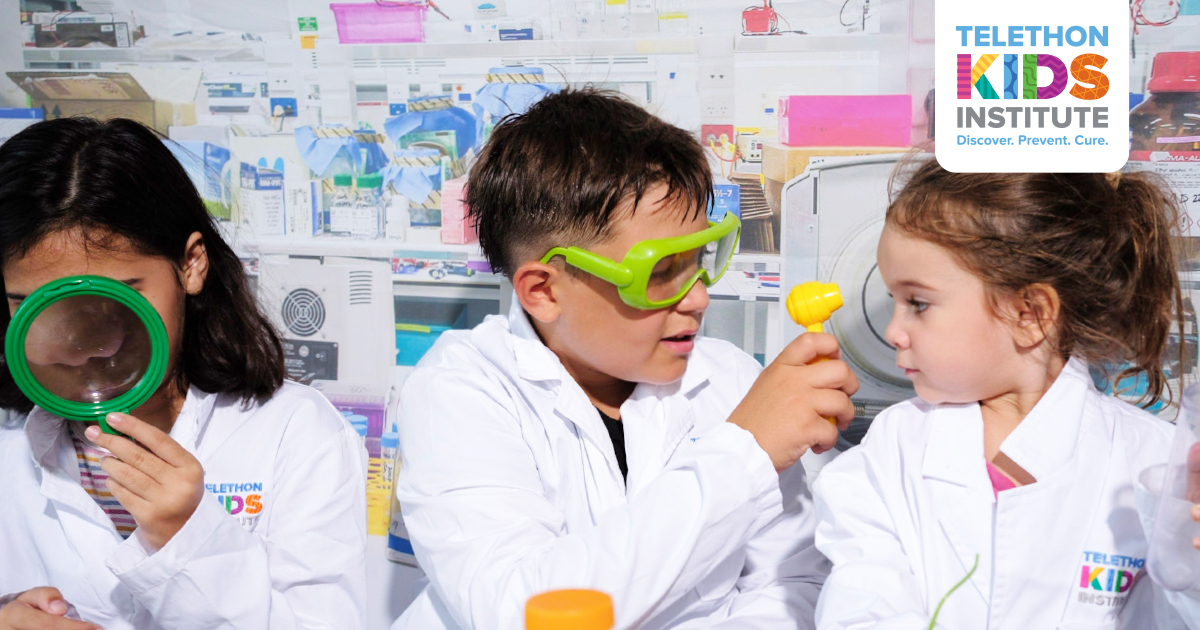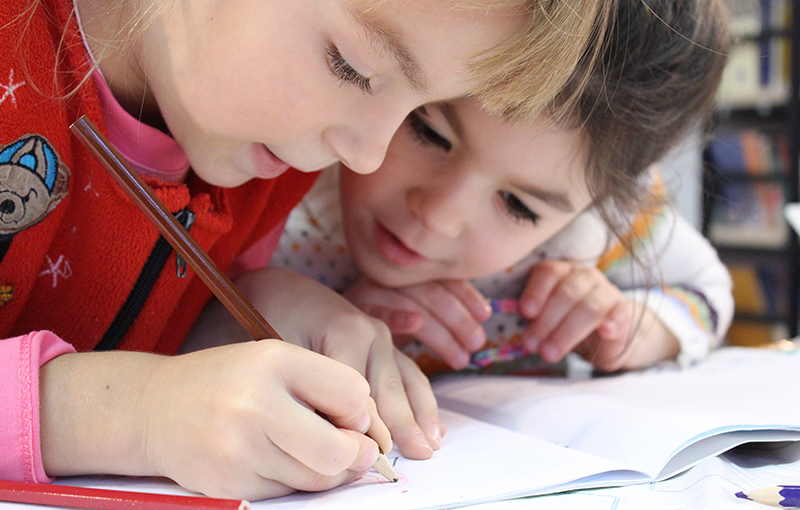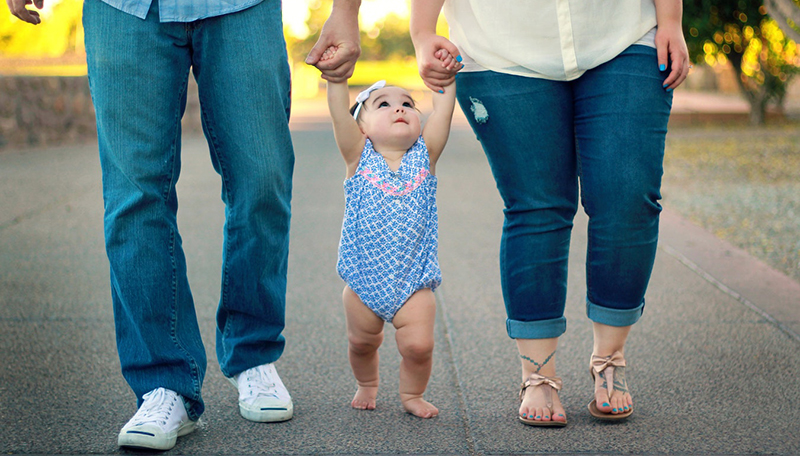Search
Research
Evaluating a community-based early childhood education and development program in Indonesia: study protocol for a pragmatic cluster randomized controlled trialThe aim of the trial is to evaluate a community-based early education and development program launched by the Government of Indonesia.
Research
Parental occupational exposure to potential endocrine disrupting chemicals and risk of hypospadias in infantsRates and types of hospitalisations for children who have subsequent contact with the child protection system: a population based case-control study
Research
Evaluating Early Childhood Education and CareEvaluating Early Childhood Education and Care
Research
Clustering of psychosocial symptoms in overweight childrenThe aims of the present study were to (i) examine the relationship between children's degree of adiposity and psychosocial functioning; and (ii) compare patterns of clustering of psychosocial measures between healthy weight and overweight/obese children.

News & Events
Broome kids get their hands dirty with real-life scienceThe Kids Research Institute Australia is bringing science to the Kimberley, with a series of free activities for children and families in Broome in the leadup to National Science Week.

News & Events
Life skills for every childColab’s new Bright Tomorrows parent app is helping families across Australia give their young children the best developmental start in life.

News & Events
School readiness is more than just test resultsA new study by researchers at The Kids Research Institute Australia has found there is a bigger picture to consider when determining whether a child is ready to start school.

News & Events
WA, Queensland leading nation’s improvements in early childhood outcomesWestern Australia and Queensland are leading the nation when it comes to ensuring children have a good start at school, according to a study by researchers at The Kids Research Institute Australia.

News & Events
How to tell if your baby is meeting their social and developmental milestonesPaediatrician and researcher Dr Lana Bell shares some important milestones for social development to look out for in the first year of life.

News & Events
Brain & Behaviour community forumWe invite you to join us for a community forum on the future of research in our Brain & Behaviour Research Focus Area.
